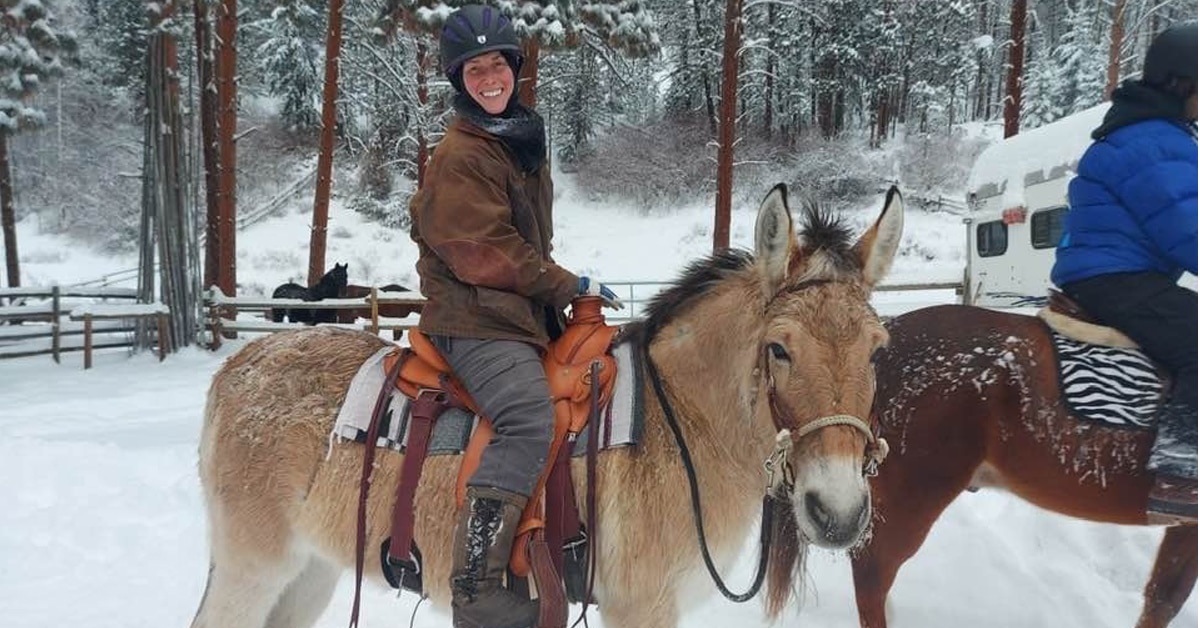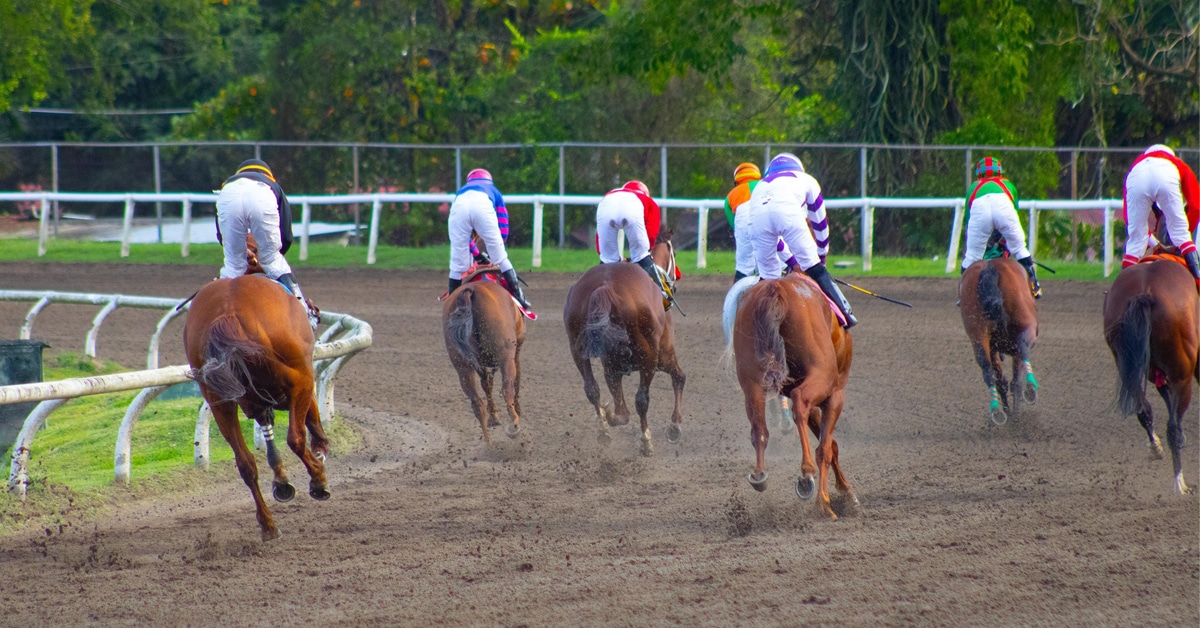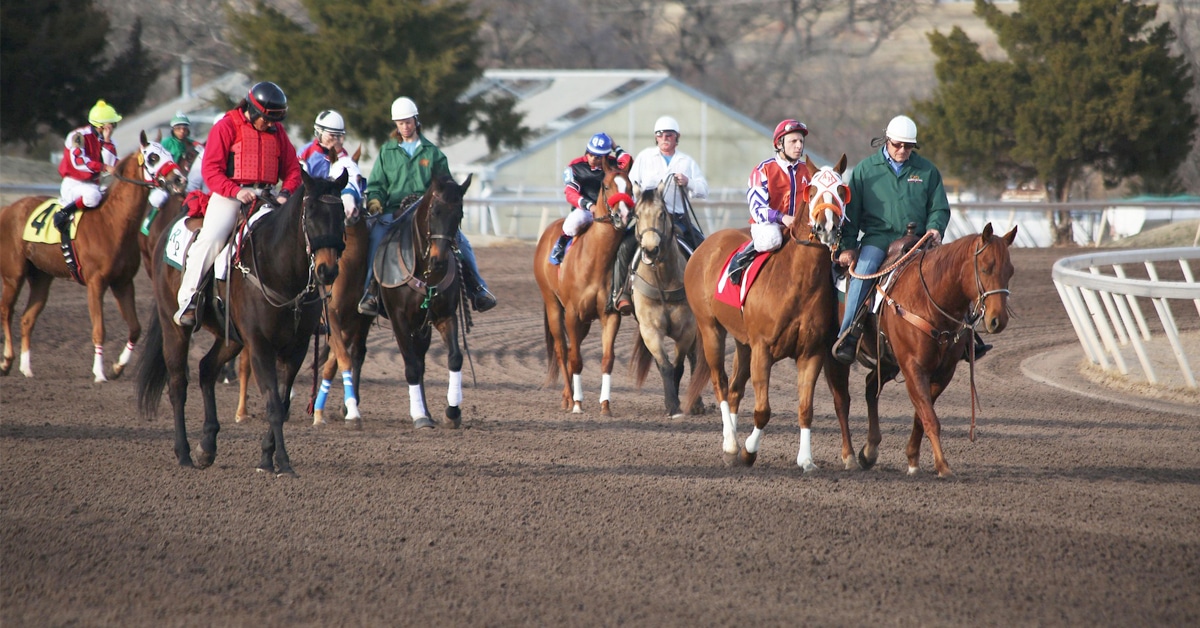The short answer is not enough is known about this all-too-common veterinary emergency. There are no clearly defined criteria to categorize acute colitis. “Colitis in horses is very complex and can be affected by several factors,” says Ontario Veterinary College researcher, Dr. Luis Arroyo. There is a need to improve diagnostic protocol. Together with newly recruited faculty member Dr. Luiza Zakia, a global study is about to commence to develop a core outcome set (COS) for acute colitis in horses.
“By definition, equine colitis means inflammation of the colon,” says Arroyo. “Now in horses, because they also have a very large cecum, technically speaking, it should be called typhlocolitis, but for short, we only call it colitis.”
Arroyo goes on to explain although one of the hallmark clinical signs of colitis is diarrhea, not all horses with colitis will have diarrhea, and not all horses with diarrhea will have colitis. For example, a horse treated for impaction colic with ample oral fluids may develop transient diarrhea but not necessarily colitis. Causes of colitis can range from infectious origins, like a bacteria or virus but it could also be non-infectious, like a toxin or even stress related.
Arroyo says, “There are challenges on understanding the disease from its multifactorial nature and the many possibilities in terms of causes as well as risk factors.” Among risk factors are the use of antimicrobials, prolonged transportation and other stressors. Even diet, or changes in diet can lead to incidences of the poorly understood disease.
Watch a video aboutr colitis research with Dr. Arroyo and Dr. Zakia:
Colitis prevention:
- feed a well-balanced diet, avoiding sudden changes or changes that could disrupt the GI system
- break up prolonged journeys with rest stops
- minimize stress with best management practices
- cautious use of medications and antibiotics
- practice good biosecurity
Co-investigator, Dr. Luiza Zakia brings a background knowledge of similar strategies from working with calves and will be conducting the bulk of the study with a graduate student. Zakia explains core outcome sets (COS) hail from human medicine when a clear definition of a disease is lacking. To prevent the combination of just a few reviews, strict protocols and guidelines are utilized to first complete a scoping review on all published literature on the topic to form a comprehensive list of the clinical signs. “A core outcome set is the definition of the disease and the clinical signs, or laboratorial analysis, ultrasound; everything that we need to check and report as a minimum to confirm whether the horse has the disease or not,” says Zakia.
COS’s consist of a standardized set of signs and instruments that define the minimum outcomes to be measured and reported. The development of a COS involves a thorough consensus process with diverse collaborators, with the first stage identifying what to measure and the second deciding how.
In the first stage of the project, everything that has been published on acute colitis in horses will be reviewed to create a list of what has been used to define acute colitis. Zakia predicts diarrhea will top the list, and references to decreased white blood cell count and fever. Phase two will involve interviews with top researcher specialists on equine colitis followed by surveys on a global scale distributed to veterinary practitioners. After extensive data collection from survey information, the research specialists will reconvene for a consensus meeting to develop a unifying criterion for diagnosing colitis in horses.
University of Guelph’s Ontario Veterinary College has been a leader organizing international meetings on the topic of colitis with the next one slated for 2028. Arroyo and Zakia eagerly anticipate presenting findings from this exciting new, massively collaborative, research project.
A globally recognized COS for acute colitis would improve the quality of clinical trials and significantly advance understanding of the disease to support better diagnosis, management and treatment of colitis in horses.
The Latest









